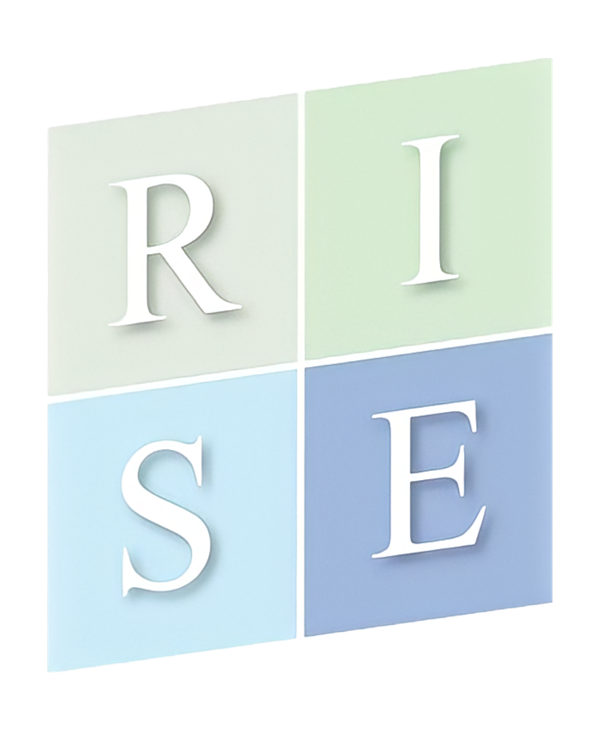Ending Systemic Racism, One Student at a Time
RISE has always stood for bridging the education gap between the haves and have-nots. In Washington, this means bridging the gap between privileged white students and black and brown students. My epiphany to found RISE came after listening to a speech by Irasema Salcido, who had started the Cesar Chavez Schools five years earlier. Ms. Salcido had grown up as a migrant worker and was the first in her family to go to college. Ms. Salcido’s audience for her speech was some of the best tutors, diagnosticians, and counselors in the D.C. area. My idea by founding RISE was to bring these experts to her students, which we began doing in the fall of 2003. RISE has now served over 3,000 low-income students.
Several years ago, RISE incorporated the words, “systemic racism,” in our mission statement. In my for-profit world where I charged $90 per hour for tutoring in the 1990’s, I was oblivious to the plight of our low-income community, rarely reading the Metro section and dismissing politicians like Marion Barry out of hand. I and my friends were part of the problem. We were unwitting systemic racists.
Oppression of the black community only starts with mistreatment by the police. Our educational system oppresses our low-income students by rarely providing the same educational opportunities our wealthier, better connected students have.
Oppression of the black race did not end with slavery. The white man has found legal and illegal methods to keep its distance, both physically and financially, from minority races. I highly recommend Asch and Musgrove’s “Chocolate City” to find out how, decade after decade, the white race has kept everyone else down in our nation’s capital.
In 2012, I moved to the Barry Farm/Hillsdale neighborhood, about a half mile from the Anacostia Metro station, to better understand RISE’s student body. I found out low income didn’t just mean folks weren’t traveling to Cape Cod for vacations every summer, as I had. Low income in Washington means to be forgotten, ignored, and mistreated by almost every agency. When I protested a few years ago in a Black Lives Matter rally, I wondered why more folks from Southeast didn’t participate. They had been subjugated into a nihilistic world where there is little hope and faith in institutions.
Into this dystopia stepped RISE in 2003. A community has grown out of this concrete, a community of hopeful college-completing students; of proud parents; of a caring, talented staff; and of an army of committed supporters. I see hope in the demonstrations by, for the first time, our students and alumni. I see hope in the continuation of the protests by the haves, who have seen the door open up just a bit and are forcing it open some more. Police reform will be just the beginning of what I optimistically see as social revolution for the betterment of the “have nots.”
Students: Keep working hard, and always ask for help. Staff: Thank you for always being there. Supporters: Thank you for being part of the solution.

